Why are gas struts on mini mill conversions not rated to fully lift the head?
| Philip A | 05/12/2020 11:05:02 |
39 forum posts | I've done my first couple of mini mill pieces, it wasn't a big issue to work around the z-axis slack and head drop, but it would be nice to reduce the problem. So I'm thinking of the gas strut conversion and a z-axis DRO. Is anyone able to explain why 120 - 150 N gas struts are used. The head weighs more than this so the struts only aid in head lift. Such an under powered gas strut means that the backlash allows the head to be lifted as the workpiece pushes upwards. I would have thought that this is undesirable. An over powered strut would mean that upwards backlash is taken up by the strut leaving none for the workpiece to push into. I hope that makes sense and someone can explain the logic behind the 120-150N struts. Also noticed most users are fitting 250mm travel struts but measured my SX2P and it has 270mm z-axis travel, so a 300mm strut seems more appropriate. |
| Peter G. Shaw | 05/12/2020 11:33:56 |
1531 forum posts 44 photos | I have the Warco version of the minimill and looked at all the various methods of overcoming this problem - gas struts, wall bracing (I think) and eventually went for the Phil Dawes idea in ME251 of using a counterweight.This works very well, but I discovered that whilst there does appear to be more travel than enough, it can't all be used because the rack isn't long enough, so much so that I have had to add stops to both top and bottom to limit the head travel. In respect of upwards weight, my counterweight is indeed slightly heavier than the head. The main problem I have is that I've yet to find a way of limiting drop when the cutter takes charge and starts to pull down. I think the main problem I now have is that there is a large amount of backlash introduced into the system by the rack & pinion not being tight enough, plus the slop between the various parts on the slow up/down feed mechanism. I have tried packing out the rack to try and eliminate some of the slack, but in reality, I think it needs a better, or a different mechanism. I suppose using a much heavier counterbalance would go some way towards reducing the slack. Peter G. Shaw |
| Hopper | 05/12/2020 11:39:40 |
7881 forum posts 397 photos | Like so much of the equipment supplied for our hobby it's "low cost". If you want better you have to pay more. |
| SillyOldDuffer | 05/12/2020 11:57:18 |
| 10668 forum posts 2415 photos | Weak struts avoid backlash. In the worst case, a strut powerful enough to lift the head until the lead-screw engaged in the reverse direction would leave all the backlash free to be applied to the job. More bouncing and vibration and maybe a cutter will disengage entirely, requiring more operator effort to control it. When a head doesn't have a strut at all, it's full weight has to be overcome before any looseness between screw and nut reveals a backlash problem. Good rigidity, but winding the head up and down is hard work. So there's advantage on counter-balancing the head up to a point, but overdoing it is likely to cause trouble. How much trouble a big strut causes depends on how much slack exists in the lead-screw. A recently adjusted or new machine might have so little slack that an over-powerful strut seems harmless. Actually the problem emerges over-time as the nut and screw wear; poor results gradually getting worse until the cause becomes bleeding obvious. Beware internet videos where naive chaps report novel improvements to their machines based on 'it was great when I tested it that day' rather than 'still good after two years hard use'. Constantly tightening up an ordinary nut & leadscrew to remove backlash isn't a good idea because it causes excessive wear. CNC machines can take advantage of full balancing because their design includes anti-backlash features such as ball screws. Expensive. In practice manual machines don't suffer too much from backlash because the cutting forces are normally supported by the lead-screw and nut. Consequently the cheaper lead-screw and nut arrangement is almost universal on manual machines. Climb-milling is perhaps the most common operation where backlash bites, but generally it's best to minimise backlash and certainly not to encourage it. That weedy strut is your friend! Dave
Edited By SillyOldDuffer on 05/12/2020 11:58:36 |
| Ed Duffner | 05/12/2020 12:07:28 |
| 863 forum posts 104 photos | Does the mini mill not have locks for the z-axis 'way' and quill when taking x, y cuts? Ed. |
| Peter G. Shaw | 05/12/2020 13:04:11 |
1531 forum posts 44 photos | Ed, Yes, mine does. The problem for me is the actual setting of the cut to be taken which can be difficult if using the fine feed mechanism to set it. Another problem is that I'm not too sure just how secure the z-axis lock actually is. I suspect that vibration can cause it to move. I have to say though, that age and illness have combined to reduce my workshop efforts so I don't do much milling at all. And when I have done it, I do sometimes resort to using the lathe & vertical slide as being easier to use and see. Suspect the answer to the first paragraph might be some sort of separate measuring device for the z-axis. Peter G. Shaw
|
| HOWARDT | 05/12/2020 13:14:20 |
| 1081 forum posts 39 photos | I have added struts to my SX2P. Photos are in one of my folders. I used a 2:1 pulley system with two 100N gas struts mounted within the column. For me this works well, the head is pretty well evenly balanced in that the support does not overcome the friction and weight of the head, so it doesn't move when unclamped. |
| JasonB | 05/12/2020 13:30:53 |
25215 forum posts 3105 photos 1 articles | recent thread on here where the Doc fitted too strong a strut and found that if a drill or cutter being plunged snatched then it would pull the head down into the work as the strut was holding it at the far end of any backlash so too strong is as bad as too weak. Maybe that's why the makers don't fit one? Not had any problems winding my X3 head up and down for the last 13yrs without a strut, maybe get a bit more experience with the machine before making modifications |
| Mike Poole | 05/12/2020 14:25:43 |
3676 forum posts 82 photos | Backlash is pretty much a fact of life if you don’t have ball screws or effective backlash eliminators. Part of getting to know a machine is where the backlash is and how much and how much sticktion there is in the axes. When you know the machine then you can work around these problems. Mike |
| HOWARDT | 05/12/2020 16:29:15 |
| 1081 forum posts 39 photos | One of the problems on the SX2P is that there is no quill, the whole head has to move. I packed out the rack to eliminate as much backlash as I could without making it too tight. Also the gib has to be tightened to give as smooth a movement as possible to give some feedback to the feed hand wheel. It is still better to plunge a slot drill into a drilled hole to lessen the the snatch. |
| Ron Laden | 05/12/2020 18:29:16 |
2320 forum posts 452 photos | I fitted a Nitrolift strut GS8-18-300-350 to my SX2P, 300mm travel rated to 120 N. I went with 120 N simply because it balanced the head feeling equal in both directions, made up and fitted a vertical extension bar to allow for the extended travel. Seems to work well enough as I have had no issues whatsoever. Ron
|
| Dr_GMJN | 05/12/2020 21:51:58 |
1602 forum posts | Posted by JasonB on 05/12/2020 13:30:53:
recent thread on here where the Doc fitted too strong a strut and found that if a drill or cutter being plunged snatched then it would pull the head down into the work as the strut was holding it at the far end of any backlash so too strong is as bad as too weak. Maybe that's why the makers don't fit one? Not had any problems winding my X3 head up and down for the last 13yrs without a strut, maybe get a bit more experience with the machine before making modifications
So if anyone wants a pretty much brand new 150N strut for an SX2P, let me know, and you too can experience the horror of watching your work being randomly mangled. |
| Ron Laden | 06/12/2020 07:04:12 |
2320 forum posts 452 photos | Posted by Ron Laden on 05/12/2020 18:29:16:
I fitted a Nitrolift strut GS8-18-300-350 to my SX2P, 300mm travel rated to 120 N. I went with 120 N simply because it balanced the head feeling equal in both directions, made up and fitted a vertical extension bar to allow for the extended travel. Seems to work well enough as I have had no issues whatsoever. Ron
I think Jason's suggestion of using the machine for a while before making any modifications is a good one. I used mine for some time before changing from the original spring to a strut and although it was quite bit heavier in one direction it never gave any problems. If there is one mod that is worth doing straight away it is the fitting of a 3 axis DRO, again you can get by without it but it makes operation and setting up so much easier. Ron |
| Howi | 06/12/2020 10:00:01 |
442 forum posts 19 photos | having fitted a gas strutt a few years ago to my SX2P (published in MEW), I can not understand the problems people seem to be having. My strutt just ballances the head rather than trying to take all the weight, a lot of others have done the same so we can't all be wrong. from my experience I have had no problem with cutter being pulled into the work or excessive backlash.and find the mill a delight to use. perhaps it is methodology rather than the gas strutt that is causing the problems |
| Dr_GMJN | 06/12/2020 10:40:38 |
1602 forum posts | Posted by Ron Laden on 06/12/2020 07:04:12:
Posted by Ron Laden on 05/12/2020 18:29:16:
I fitted a Nitrolift strut GS8-18-300-350 to my SX2P, 300mm travel rated to 120 N. I went with 120 N simply because it balanced the head feeling equal in both directions, made up and fitted a vertical extension bar to allow for the extended travel. Seems to work well enough as I have had no issues whatsoever. Ron
I think Jason's suggestion of using the machine for a while before making any modifications is a good one. I used mine for some time before changing from the original spring to a strut and although it was quite bit heavier in one direction it never gave any problems. If there is one mod that is worth doing straight away it is the fitting of a 3 axis DRO, again you can get by without it but it makes operation and setting up so much easier. Ron I’d second the benefits of a simple 3-axis DRO. I’d go as far as saying that - as a novice - I couldn’t have built my first steam engine without them. They effectively eliminate backlash error by telling you exactly where the tables and head are. It requires some simple modification - mainly hole drilling and tapping, but is pretty simple and well worth it. |
| Philip A | 06/12/2020 10:45:36 |
39 forum posts | Posted by Howi on 06/12/2020 10:00:01:
having fitted a gas strutt a few years ago to my SX2P (published in MEW), I can not understand the problems people seem to be having. My strutt just ballances the head rather than trying to take all the weight, a lot of others have done the same so we can't all be wrong. from my experience I have had no problem with cutter being pulled into the work or excessive backlash.and find the mill a delight to use. perhaps it is methodology rather than the gas strutt that is causing the problems Hi Howi, do you remember the force of your strut? Both stubborness and the desire to experiment is making me consider a variable force strut. Thanks for the suggestions on the DRO, it's on my radar, I'm thinking of using TouchDRO as I like the idea of a relying on my tablet over low cost readout unit. |
| Philip A | 06/12/2020 10:50:25 |
39 forum posts | So I'm hearing that cutters can pull into the workpiece, hence wanting the head to be pulling downwards on it's own weight. A few people have said to use the z-lock. Sure, but what do you do when you need to take measured cuts on the z-axis? That means having the backlash taken up in a predictable manner. So far I've been partially engaging the carriage lock to create enough friction that as I use the z-axis fine adjuster the backlash is always taken up in the same direction. This has worked for me so far but the reason for the change to the gas strut is that my torsion spring gives very inconsistent pull.
|
| Dr_GMJN | 06/12/2020 12:04:58 |
1602 forum posts | Posted by Philip A on 06/12/2020 10:50:25:
So I'm hearing that cutters can pull into the workpiece, hence wanting the head to be pulling downwards on it's own weight. A few people have said to use the z-lock. Sure, but what do you do when you need to take measured cuts on the z-axis? That means having the backlash taken up in a predictable manner. So far I've been partially engaging the carriage lock to create enough friction that as I use the z-axis fine adjuster the backlash is always taken up in the same direction. This has worked for me so far but the reason for the change to the gas strut is that my torsion spring gives very inconsistent pull.
You're going through exactly the same issues and process I was going through. There can be a lot of misunderstanding when explaining what you're thinking, which can make the responses confusing: https://www.model-engineer.co.uk/forums/postings.asp?th=168240 Just to be clear, here is the video taken from that thread (should work if you click on the image): There are a lot of subtleties when thinking this through. I was going to fit the adjustabe strut, de-rate it until the head fell under gravity (to eliminate the pull-down issue), and adjust the z-gib so the head wouldn't drop on its own by default. Of course, that then defeats the whole object of de-rating the strut: Friction of the gib would then hold the head up against the rack, giving exactly the same issue you were trying to avoid... |
| Dr_GMJN | 06/12/2020 12:21:58 |
1602 forum posts | FYI this is how my strut is mounted:
|
| Philip A | 06/12/2020 12:42:26 |
39 forum posts | Posted by Dr_GMJN on 06/12/2020 12:21:58:
FYI this is how my strut is mounted:
Excellent photos, will make fitting my DRO scales much easier. Did you have to trim the scales? Is that X-axis scale on brackets because it's slightly longer than the table it's attached to ? |
Please login to post a reply.
Want the latest issue of Model Engineer or Model Engineers' Workshop? Use our magazine locator links to find your nearest stockist!
Sign up to our newsletter and get a free digital issue.
You can unsubscribe at anytime. View our privacy policy at www.mortons.co.uk/privacy
- *Oct 2023: FORUM MIGRATION TIMELINE*
05/10/2023 07:57:11 - Making ER11 collet chuck
05/10/2023 07:56:24 - What did you do today? 2023
05/10/2023 07:25:01 - Orrery
05/10/2023 06:00:41 - Wera hand-tools
05/10/2023 05:47:07 - New member
05/10/2023 04:40:11 - Problems with external pot on at1 vfd
05/10/2023 00:06:32 - Drain plug
04/10/2023 23:36:17 - digi phase converter for 10 machines.....
04/10/2023 23:13:48 - Winter Storage Of Locomotives
04/10/2023 21:02:11 - More Latest Posts...
- View All Topics
- Reeves** - Rebuilt Royal Scot by Martin Evans
by John Broughton
£300.00 - BRITANNIA 5" GAUGE James Perrier
by Jon Seabright 1
£2,500.00 - Drill Grinder - for restoration
by Nigel Graham 2
£0.00 - WARCO WM18 MILLING MACHINE
by Alex Chudley
£1,200.00 - MYFORD SUPER 7 LATHE
by Alex Chudley
£2,000.00 - More "For Sale" Ads...
- D1-3 backplate
by Michael Horley
Price Not Specified - fixed steady for a Colchester bantam mark1 800
by George Jervis
Price Not Specified - lbsc pansy
by JACK SIDEBOTHAM
Price Not Specified - Pratt Burnerd multifit chuck key.
by Tim Riome
Price Not Specified - BANDSAW BLADE WELDER
by HUGH
Price Not Specified - More "Wanted" Ads...
Do you want to contact the Model Engineer and Model Engineers' Workshop team?
You can contact us by phone, mail or email about the magazines including becoming a contributor, submitting reader's letters or making queries about articles. You can also get in touch about this website, advertising or other general issues.
Click THIS LINK for full contact details.
For subscription issues please see THIS LINK.
Model Engineer Magazine
- Percival Marshall
- M.E. History
- LittleLEC
- M.E. Clock
ME Workshop
- An Adcock
- & Shipley
- Horizontal
- Mill
Subscribe Now
- Great savings
- Delivered to your door
Pre-order your copy!
- Delivered to your doorstep!
- Free UK delivery!


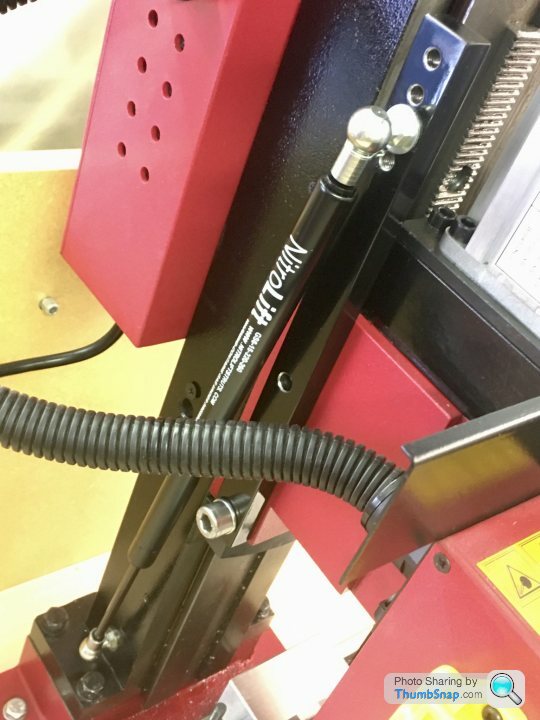
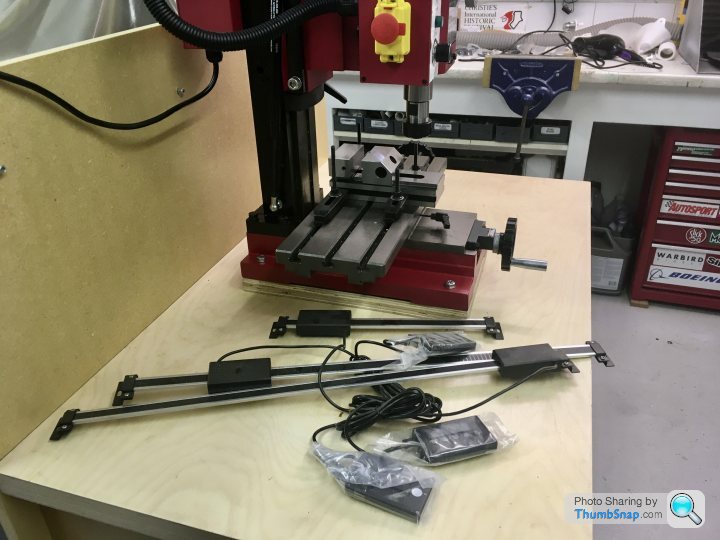
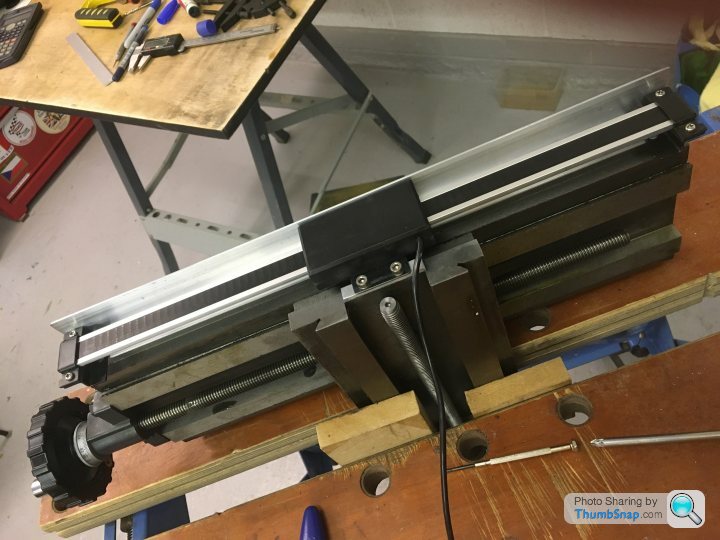
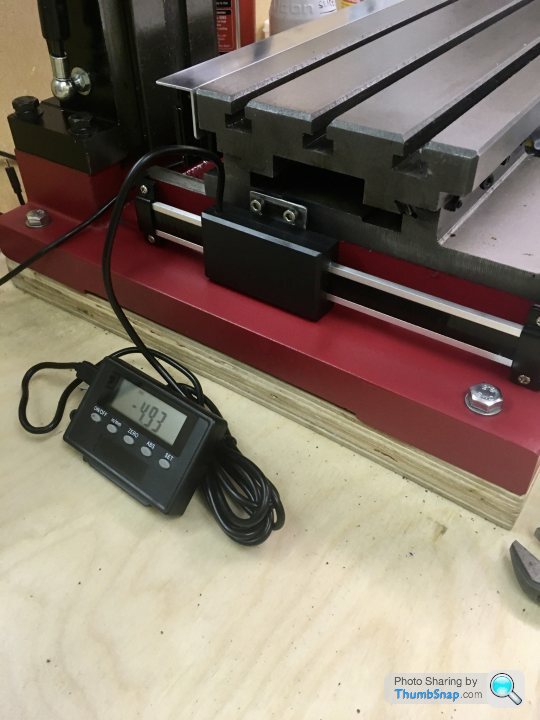
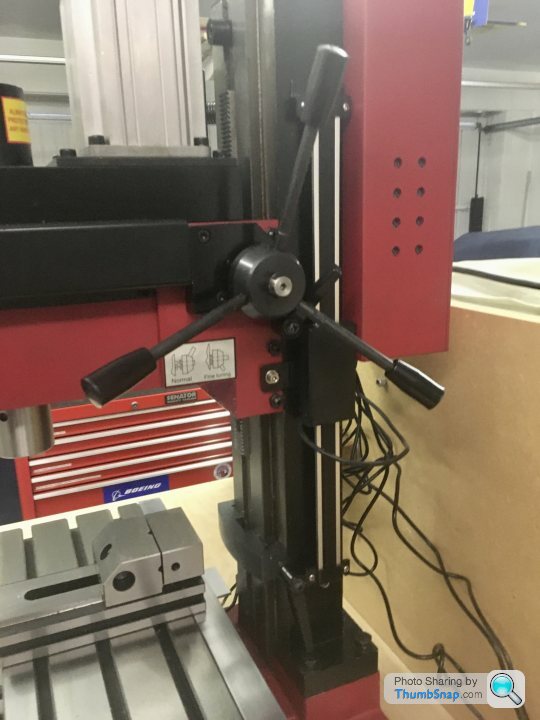

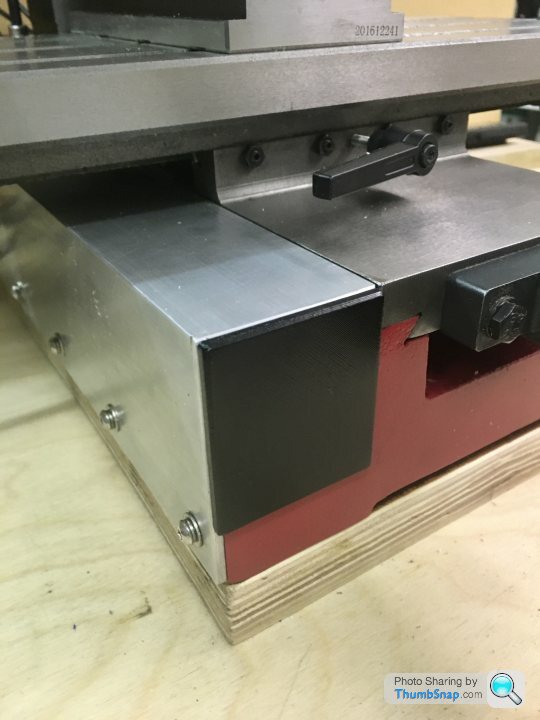

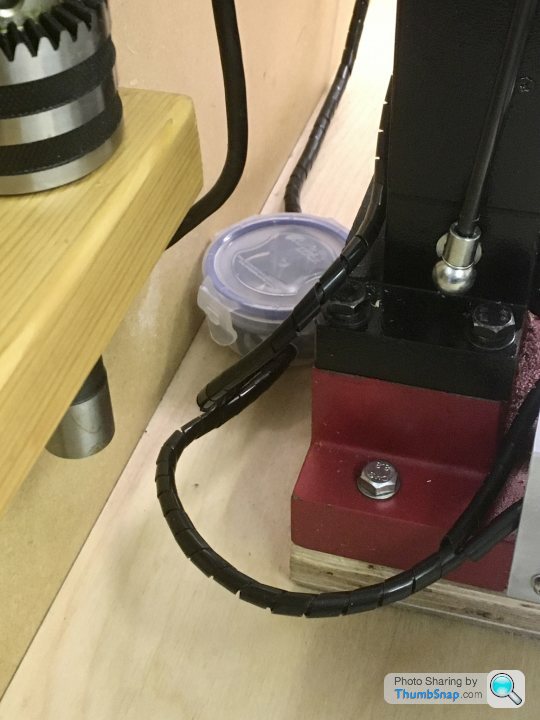









 Register
Register Log-in
Log-in


